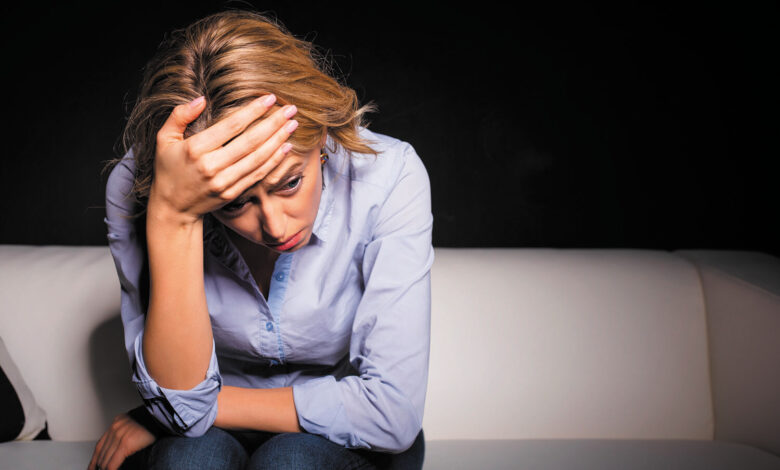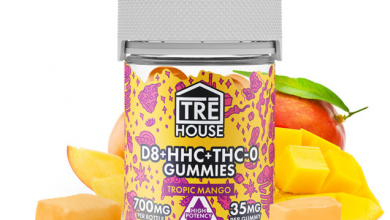Targeting Anxiety Inducers At Home & Treatment

Anxiety is normal in stressful and unfamiliar situations, but when it grips you time and again in the comfort of your own home and without any obvious triggers, it can be frightening and downright disruptive. While you may not be able to overcome your anxiety disorder completely on your own. You can drastically reduce the incident rate of attacks and improve your mental well-being by learning to identify triggers and ways you can treat the initial symptoms of anxiety at home.
Common Anxiety Triggers
The complete list of anxiety triggers will differ for everyone. However, some triggers are more common than others:
- Too much coffee
- Lack of sleep
- Attempting to work from home with kids
- Financial difficulty
- Heavy workload
- Poor diet
- Relationship difficulties
OCD and irritability often go hand-in-hand as well. If you experience obsessive compulsive tendencies, you may be able to get a handle on your anxiety by better managing your compulsions.
Natural Ways To Reduce Anxiety On Your Own
Simply being mindful of anxiety inducers and your body’s response to them may be enough to deescalate an impending situation. However, if you’re unable to rationalize away your fears, try these simple yet effective techniques:
- Meditate: Whether you experience work from home anxiety, relationship anxiety or anxiety over where your next meal will come from, one of the best things you can do to minimize symptoms is meditate. According to research from a John Hopkins study, 30 minutes of meditation is just as effective as an antidepressant.
- Practice Deep Breathing: One of the first symptoms of anxiety is shallow, quick breaths. Unfortunately, this symptom activates the body’s fight or flight reaction and can exacerbate a worsening situation. When you notice your breathing growing shallow, stop what you’re doing and take deep, even and slow breaths. Focus solely on your breathing and, eventually, you should notice that it has naturally returned to normal and that your anxiety has lessened.
- Get Some Zs: Sufficient sleep is crucial for everyone, but it’s especially beneficial for people who deal with anxiety. This best guide for adequate sleep can advise you on how to improve your sleep quality, but some best practices to follow include keeping your room dark and cool, not using devices in bed, avoiding caffeine, alcohol and large meals before bedtime, and keeping a consistent sleep schedule.
- Maintain a Healthy Diet: Processed foods and foods high in sugar have been known to trigger mood changes. If your diet is high in either, try replacing what you normally eat with fruits and veggies, complex carbohydrates and lean proteins.
- Stay Active: In most cases, exercise is just as effective at alleviating symptoms of anxiety as medications are. Exercise daily for a sustainable solution to your anxiety.
- Refrain From Drugs and Alcohol: Though viewed as quick fixes, alcohol, nicotine and other substances can actually worsen your mental health. Both alcohol and cigarettes alter pathways in the brain that are linked to anxiety. Though it may be hard at first, if you use either drugs or alcohol to help with anxiety, quit both ASAP to see long-term benefits.
- Addiction and anxiety often go hand in hand. This is why it is so crucial to treat both if you are trying to recover from drug and alcohol abuse. Luckily, Phoenix drug and alcohol rehab centres specialise in treating these types of conditions and they are more than willing to help.
Anxiety can be crippling, but if you learn to recognize the symptoms early on, you may be able to stop an episode before it becomes a full-blown attack. If you need outside help, that’s okay too. If that’s the case, look for safe, non-prescription solutions.


